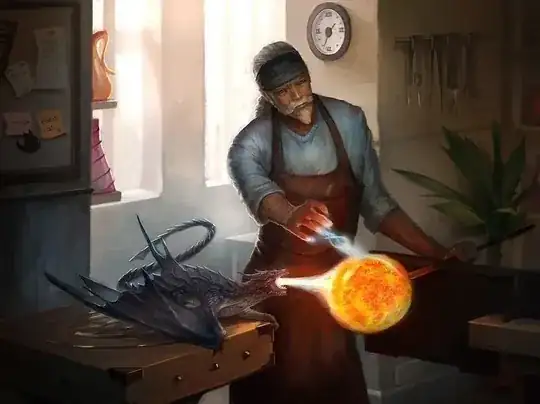You're allowed to ask only one question per post, so I'm only going to answer the first question: what diet would best result in the oils needed for combustion?
For that let's look at the oil of the Sperm Whale.
Sperm oil was particularly prized as an illuminant in oil lamps, as it burned more brightly and cleanly than any other available oil and gave off no foul odor. (Source)
The oil was collected from the head cavity of the Sperm Whale:
Blubber was stripped from the entire length of the whale (with other parts of the carcass often harvested for fashion products such as in the case of the Baleen whale), but the primary source of sperm oil was the spermaceti organ and the junk (or "melon"), the organs that serve to focus and modulate the animal's vocalizations. A sperm whale's spermaceti organ may contain as much as 1,900 litres (500 US gal) of substance. (Ibid.)
The oil is very flammable and has the benefit of burning cleanly and very brightly. So, what does a Sperm Whale eat?
Because sperm whales spend most of their time in deep waters, their diet consists of species such as squid, sharks, skates, and fish that also occupy deep ocean waters. (Source)
It's important to realize that most creatures create a variety of substances in their bodies that have basically nothing to do with any particular diet — much less any particular item in that diet. Biology is remarkably adept at converting whatever mass is taken in (within reason, plastic isn't useful) into whatever is needed.
It should be noted that most of the Sperm Whale's diet is very high in fatty creatures. Obviously it's easier to convert fat into fat (or oil into oil), leading to the belief that your dragon would want to eat very fatty items as well. Like bears, they would likely be fond of Salmon, which are a very fatty fish.
And if your dragons are small, as shown in your image, then they would feed like Raptors (hawks and eagles), which further underscores that their diet would be rich in oily fish.
